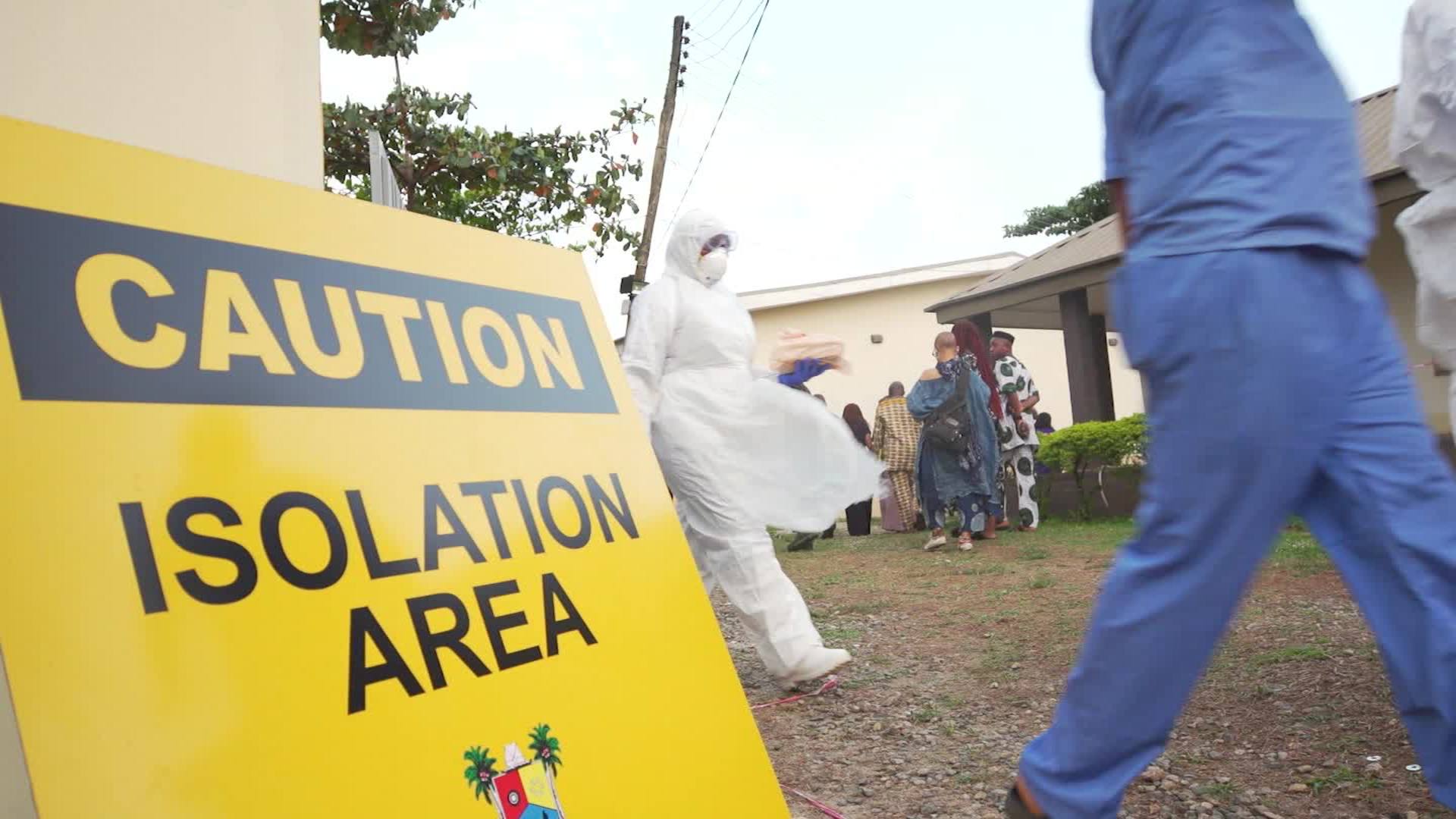Adamu Waziri is a rising talent on the African cultural scene. He is the creator of the Bino and Fino cartoons which have been at the forefront of Nigeria’s emerging animation industry, and a key part of his successful business in Abuja.
His creations the brother and sister team of Bino and Fino are two young Nigerians who travel around the continent learning about African culture. The idea is to give African children their own role models and heroes as opposed to relying on a glut of American imported cartoons. It’s a new departure for animation on the continent, and it seems to be making an impact.
African Leadership Magazine spoke to Adamu Waziri at his Abuja workshop:
How did you become an animator?
I entered the business by chance. I studied architecture at Bournemouth
University in the UK, fully intending to become an architect. I did my Masters
there. I also learnt some animation but it wasn’t really a career path for me.
I returned to Nigeria and started the cartoon business working for some clients in the UK. I started it really because there was no other work for me. I saw there was a gap in the market for cartoon characters that are African and looked like us. There are lots of Japanese and American cartoon characters but where were the African cartoons?
That’s how the brother and sister team of Bino and Fino were born. That was about twelve years ago and now we’re busy building the brand and the merchandising that goes along with it.
Why did you leave the UK and return to Nigeria?
I went to the UK in the first place to get an education and returned for personal family reasons. Once I’d returned I had to make it work. We have a massive youth audience here and I realised that the time was right for the animation industry here to spread and grow.
How did that youth audience impact on your business?
There’s a tremendous interest in animation in Nigeria and I have been able to engage some young animators and interns to work with me. We outsource animation to other people we’ve trained and we’ve developed a talented team of writers, designers and artists who work for us.
I want us to help these young to create a really professional industry. I want them to think beyond animation. If they are going to survive and prosper they need to learn how to pitch their ideas successfully, and they need to think global and how they can sell African cartoons to an international audience.
We’ve seen how the Nigerian film industry – Nollywood- has grown and grown. Is that a model for you to emulate?
Nollywood is a model that inspires me. It has created a brand that works across the continent and beyond. I want our animation industry to follow in the same direction. My market is also pan-African. That’s why the cartoon characters Bino and Fino travel to Timbuktu to discover Africa’s rich cultural heritage, and why they learn about African cuisine and Africa’s flags and many languages.
Nollywood built itself, now we too must chart our own course. We’re happy to work with Disney and Pixel but where is the African Disney?
An African Disney? Is that realistic?
There’s no reason why not. Look at the music scene. We grew up listening to American hip-hop, and now American kids are listening to our music. Afro-pop is heard all over the world. We still have some way to go in the cartoon industry though. For instance, the British cartoon Peppa Pig has something like 150 animators working on it, while we only have the capacity to produce two Bino and Fino episodes a month.
You’ve said that you want your cartoons to educate African children about their continent. Do you think they can also educate the world about Africa?
Definitely. We need to show the world that Africa is alive and well and has so much to offer the world. I’d love my cartoons to expand into soft power to rebrand how people look at Africa.
Look at Japan. I’ve never been there but thanks to Japanese manga and cartoons I love that country. I have such a positive image of Japan and the Japanese purely because of their cartoons. In the same way, we can build positive views of Africa to counter all the negative stereotypes we’ve all grown up with.
We need to give our children some good images of what Africa truly is. Let’s show the world our reality so our kids can be proud to be Africans. That’s what pushes me forward, especially now I’ve got kids of my own. I want them to grow up as confident Africans proud of their African heritage.
So how can you do that? Can you re-brand Nigeria?
Look I’m not going to sugar-coat it. Nigeria is a complex mix and we have our challenges but at the same time, it’s full of people with the same hopes and dreams as anywhere else. The reality of Nigeria is so different to the common perception.
The potential of Nigeria is amazing. From the young people fighting Boko Haram to the street traders earning 200 Naira a day but still optimistic about their future lives. We are remarkable people.
Look at our Tech Incubators and our booming FinTech industry – there’s so much to be proud of here. And I’m equally proud of the young people who work f They are so talented and committed and they all see a bright future for the country and our animation industry.
What are your “Top Tips” for young people seeking to follow in your entrepreneurial footsteps?
Look ahead and definitely keep your end goal in sight.
- Be Flexible – there may be other routes to achieve that goal.
- Be Disciplined – Show up every day, work hard and never give up.
- Be Connected – your Network is crucial – Get the right people around you and listen to them.
- Be Honourable – keep your word and always be an honest dealer with your colleagues, your workers and your clients.


